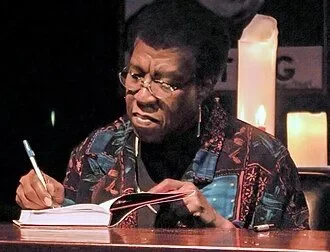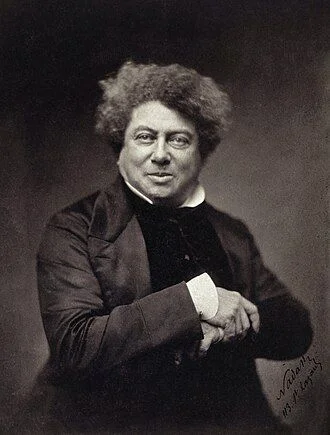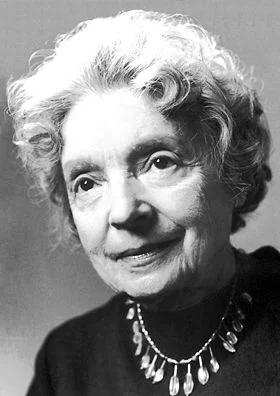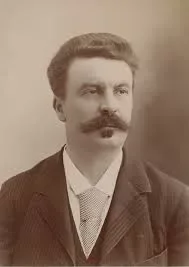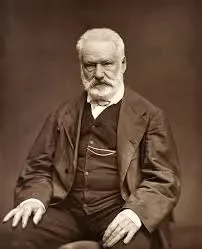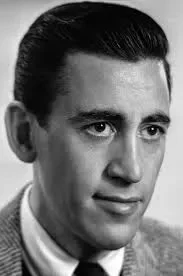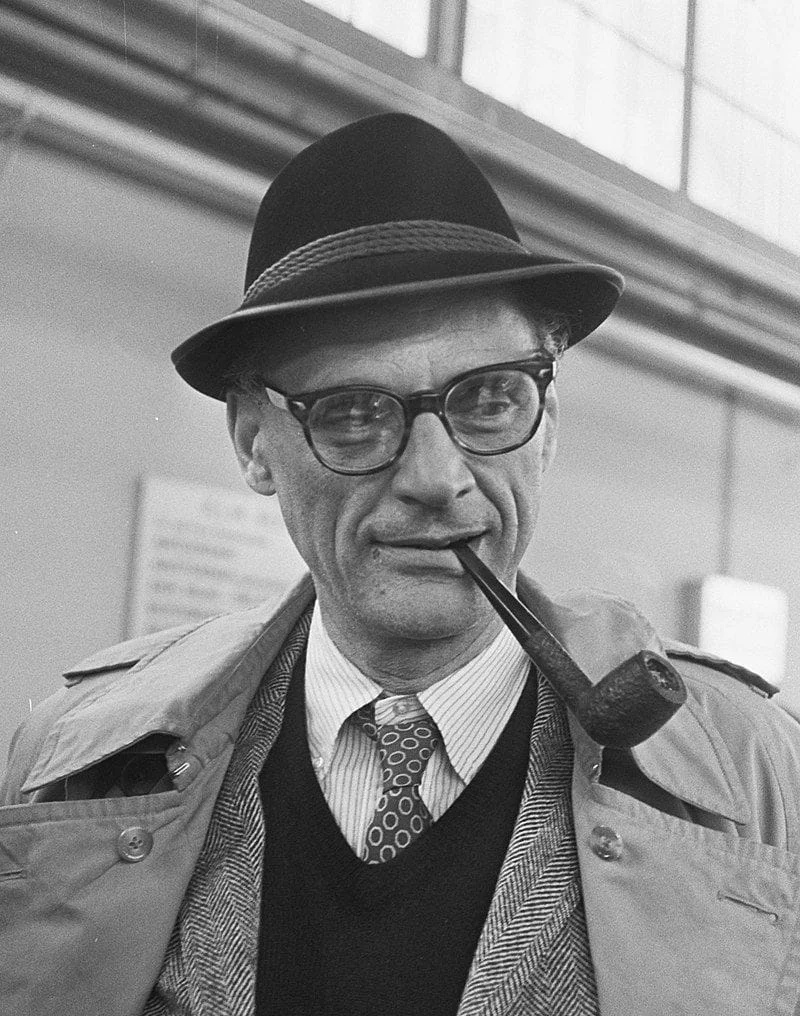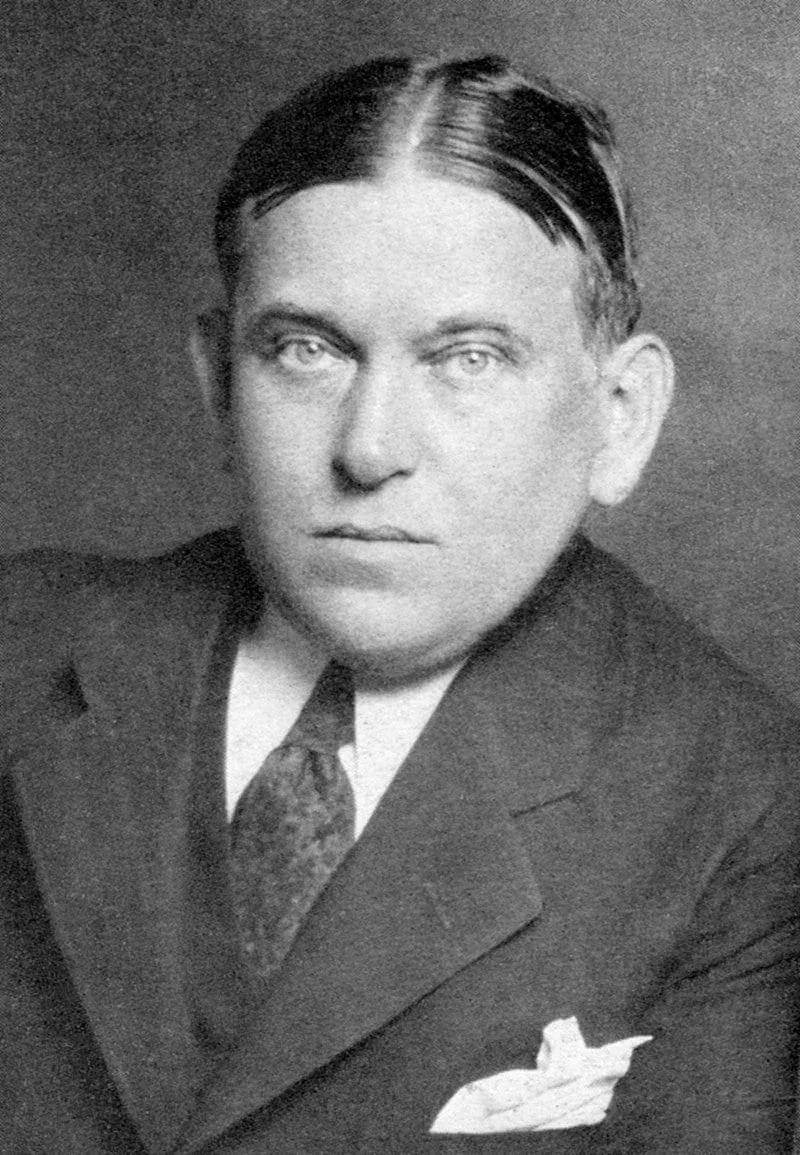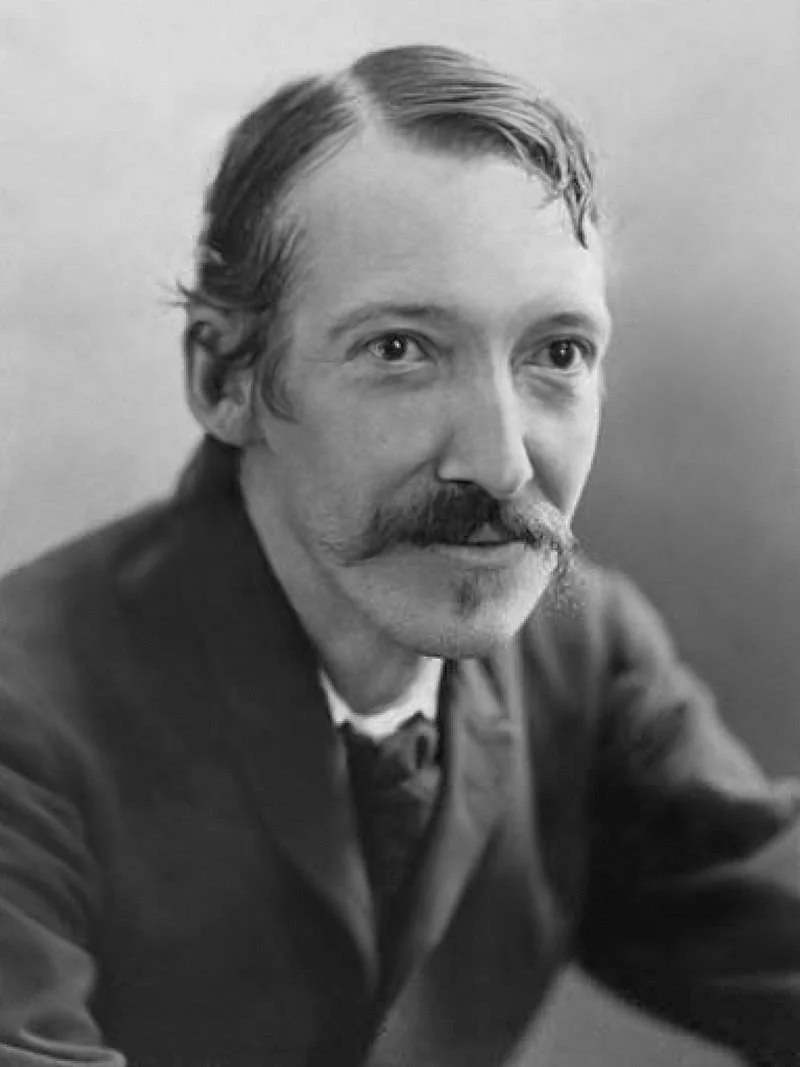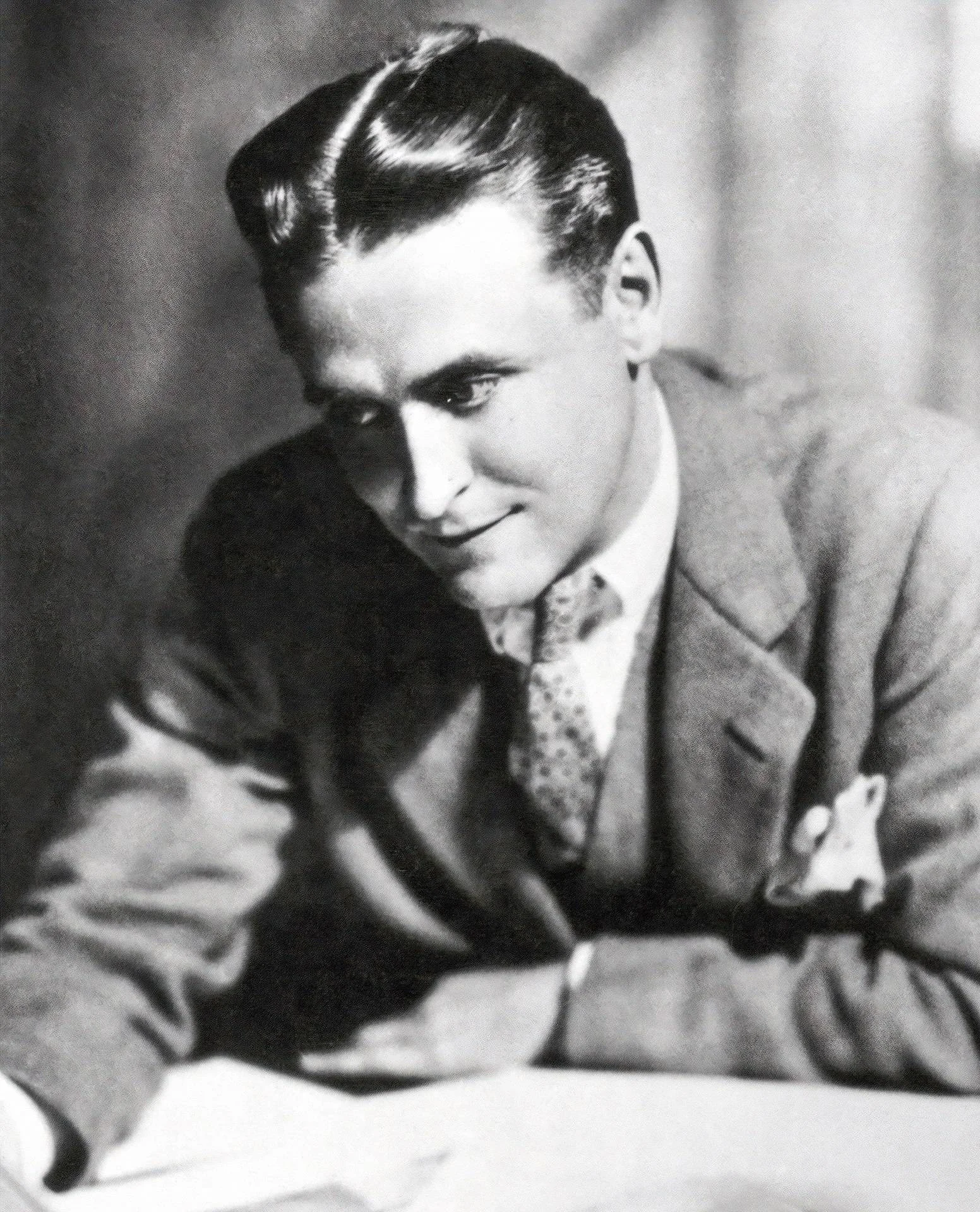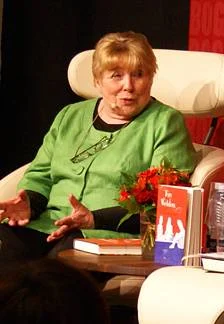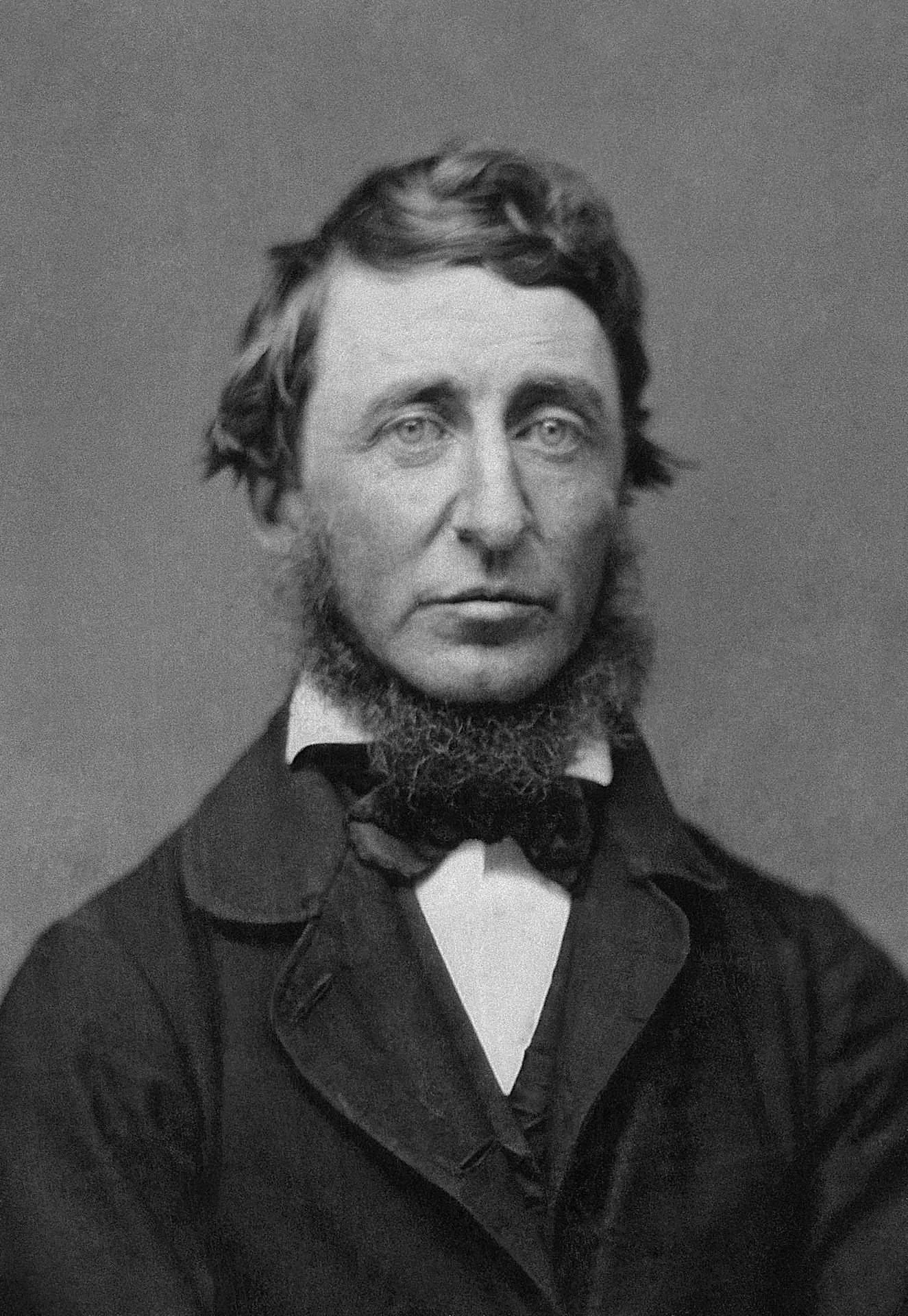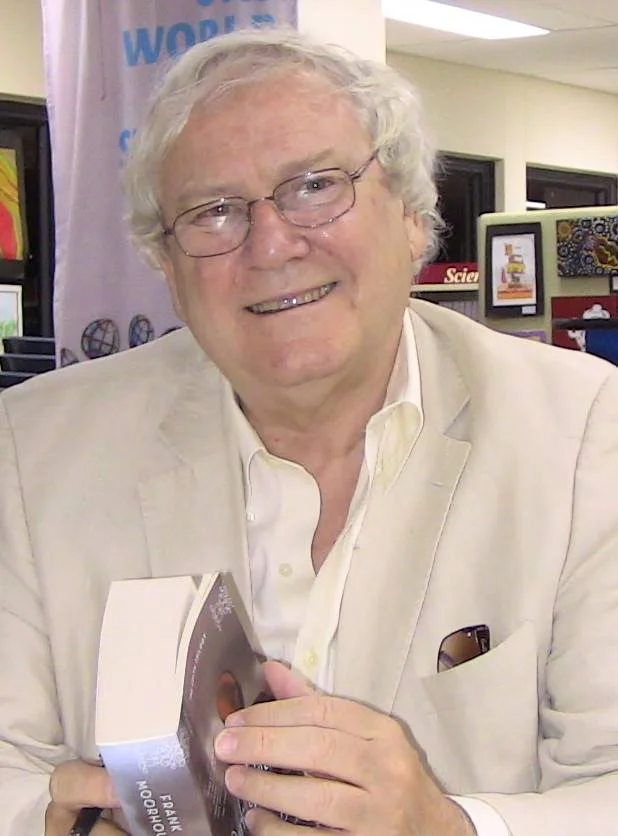Real Celebrities Never Die!
OR
Search For Past Celebrities Whose Birthday You Share
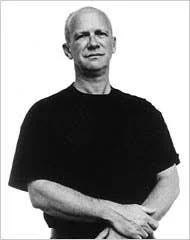
source:https://www.nytimes.com/
George Trow
Birthday:
28 Sep, 1943
Date of Death:
24 Nov, 2006
Cause of death:
Complications from a stroke
Nationality:
American
Famous As:
Essayist
Age at the time of death:
63
George Trow's Quote's
George W. S. Trow: An Influential Cultural Critic
George W. S. Trow was an American writer, journalist, and cultural critic known for his razor-sharp dissections of media, culture, and the United States of America. Born in the United States in 1943, he attended Harvard University, where his intellectual and literary interests grew. He had a unique, at times critical, stance on many of the cultural and political changes that defined the 20th century, and his career passed through several decades.
Within the Context of No Context
Trow’s signature book, Within the Context of No Context (1980), helped make him a leading voice in American cultural criticism. An assemblage of essays and reflections, the book is about the collapse of traditional social structures and how media besieges modern life. At the heart of Trow’s argument is that a world too filled with readily available mass media has rendered human beings out in the cold, confused about their role in this strange frozen place and lacking cogent stories to guide them through its disjointed morass. More of a memoir, critique, and philosophical/spiritual exploration all rolled into one dense, patchy text, Within the Context of No Context depicts a culture growing gradually more enervated by its voracious consumption of information.
Contributions to The New Yorker
Besides the book, Trow was a frequent contributor to The New Yorker, where his essays and reviews could be found for decades. He wrote about a diverse slate of issues, from politics to literature, often with a focus on the intersection between media, power, and society. Trow had a particular talent for dissecting the impact of television, mass communication, and advertisements on public consciousness—changes that he showed were profound but presented themselves in subtle or insidious fashions.
Preoccupation with the Loss of Individuality
A recurring preoccupation in Trow’s work was the loss of individuality in a culture driven by commercial and media power. According to him, the growth of mass culture and corporate control over information had resulted in a “packaged” society where individuals could no longer think independently. Instead, they became vessels for the images and narratives developed by those sitting behind screens.
Style and Approach
Trow’s prose was regularly heavy, sometimes elliptical and hard to read—as he tended to round in circles when exploring even a simple point—and yet this reflected his own fascination with some of the more clouded challenges of postwar life, alongside his own wariness towards neat solutions. His work was, in a sense, deeply intellectual yet also very personal, fusing philosophical thinking with critical comments on the surrounding culture.
A Pioneer of Postmodern Cultural Criticism
Trow was an intellectual and had little patience for mainstream liberal or conservative shibboleths during the entire span of his career. As a pioneer of postmodern cultural criticism, his work is still key for scholars working on the intersections of media, culture, and identity.
Legacy and Continued Relevance
Trow died in 2006, but the impact of his approach to cultural criticism remains, especially with regard to how he explained the bewildering totality that mass media brought to society. Today, more than ever, with so many of us seemingly living in a media-saturated culture, his work still speaks loudly and clearly.
Name:
George Trow
Popular Name:
George Trow
Gender:
Male
Cause of Death:
Complications from a stroke
Spouse:
Place of Birth:
Greenwich, Connecticut, United States
Place of Death:
Naples, Italy
Occupation / Profession:
Personality Type
He critiqued the rise of television and its effects on society.
Trow's book The Harvard Black Rock Forest (1991) is a fictionalized memoir that reflects on his personal life and education at Harvard.
Trow's seminal essay "Within the Context of No Context" became a landmark work in cultural criticism.
Trow's works remain widely studied in media and cultural studies.
Trow was friends with several prominent literary figures, including novelist and essayist Joan Didion and playwright David Mamet.
Contributed landmark essays like “Within the Context of No Context” to The New Yorker
Known for his critical work on the effects of media and television on culture
Wrote the novel “The Harvard Black Rock Forest”


